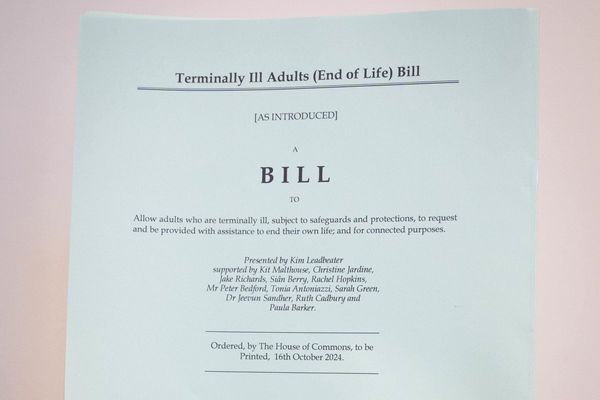
“The concern I and my colleagues have is the impact the four days of strike action next week is going to have on patients with cardiovascular disease who are on the waiting list for surgery. We already have a huge backlog of patients waiting to have cardiac surgery for conditions that are time-critical. And we know that cardiovascular disease is progressive. Once you’ve made a diagnosis, the sooner you operate on the patient, the better the outcomes.
“But the strikes mean that for those four days, essentially very little operating will occur at our three sites – at the Royal Brompton, Harefield and St Thomas’ hospitals. So we will still operate on emergency patients. But we won’t be able to invite patients in for elective – planned – surgery. And that’s a real concern.
“The sorts of patients we won’t be able to operate on next week include those with extensive coronary artery disease – complex, multi-vessel coronary disease – whose condition is not amenable to stenting or angioplasty. They might need a heart bypass, for example. But it’s also people with valve disease, especially severe aortic stenosis. If a patient has that, their prognosis is really bad as it involves a high mortality rate if left untreated. So it really is time-critical.
“There is another serious condition, severe mitral regurgitation, where, again, if you delay the surgery the risk to the patient increases. And it’s the same with patients with an aortic aneurysm. If that is left untreated then the risk of spontaneous rupture, which is usually fatal, is significant. And the bigger the aneurysm, the more likely they are to burst. So once we diagnose an aneurysm, it makes sense for patients to have surgery at the earliest possible opportunity.
“I don’t want to sound dramatic but as a surgeon I do sometimes lie awake in bed at night worried about my waiting list. I know I’ve got a few patients with an aneurysm, patients with critical coronary disease and patients with mitral regurgitation, whose heart function is deteriorating. The cases we won’t be able to do next week include people with all those sorts of problems.
“I’m extremely concerned about these risks. This isn’t about taking sides. This is a dispute between the unions and the government. But as an advocate for patients and consultant of 20 years’ standing, it’s extremely distressing to know that during those four days I’ll be here, I’ll have an operating theatre staffed with nurses and other members of staff that are needed, and I’ve got patients on the waiting list who need the surgery, and yet I won’t be able to carry out those operations. And professionally that does cause me a lot of distress.
“I’m concerned that some of those patients will deteriorate because of the delay and that some will have a worsening quality of life, but also that, for one or two extremely unlucky patients, they may lose their lives because of premature death.”
As told to Denis Campbell







